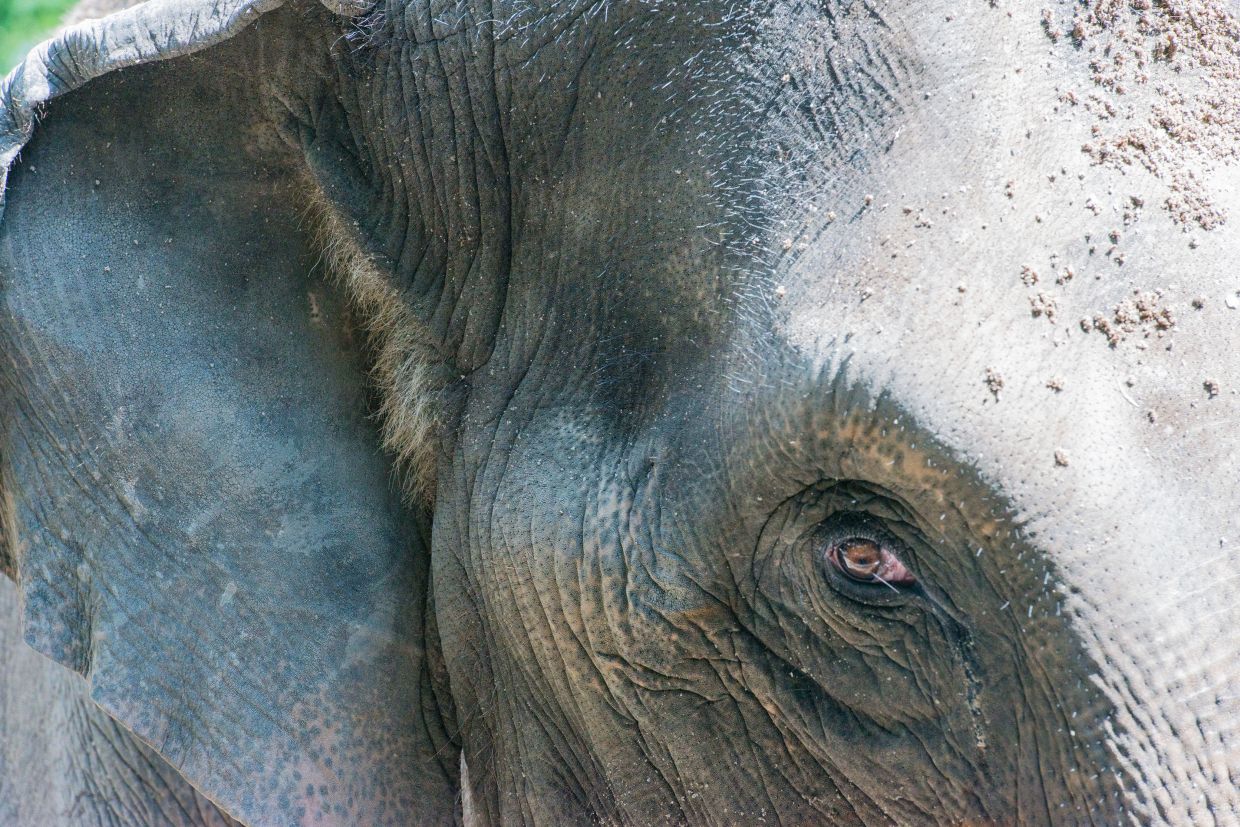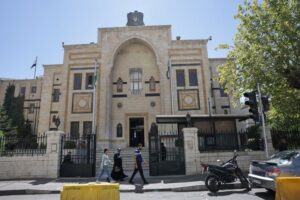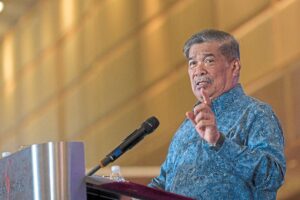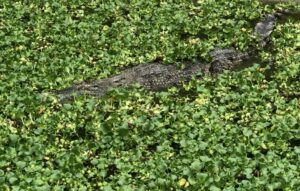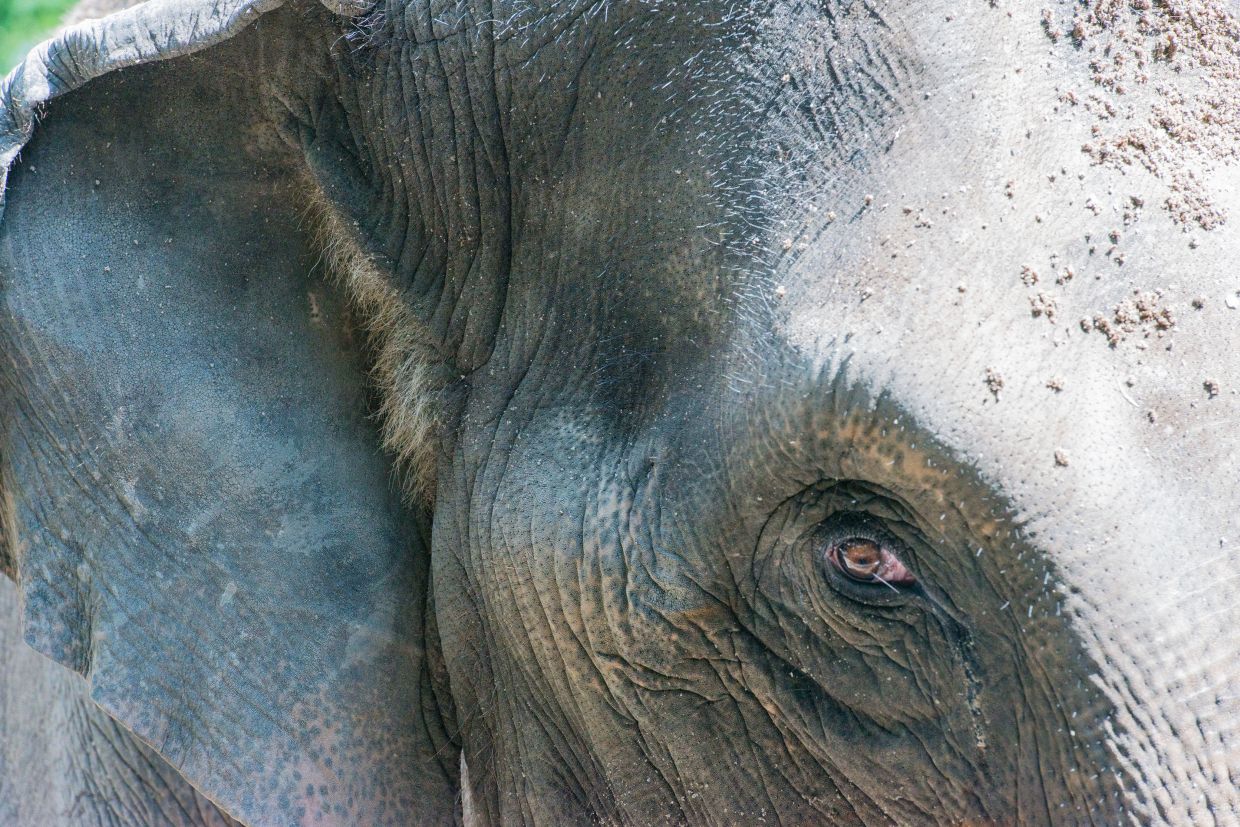
KOTA KINABALU: Evidence is mounting that managed grassland pastures for wild elephants is the way forward in curbing human-wildlife conflict, conservationists say.
Trial grassland plots at the Tabin Wildlife Reserve in Lahad Datu and along the Kinabatangan River over the past three years found that elephants purposely and repeatedly visit these pastures to feed on managed grasses and supplementary minerals.
Conservationists with the Borneo Rhino Alliance (Bora) and RESPonsible Elephant Conservation Trust (Respect) said such pastures have shown positive results in reducing human-elephant conflict.
Bora chief Datuk Dr John Payne said two herds totalling about 60 elephants have spent the past two weeks feeding on 13ha of managed grassland initiated in 2021 with funds raised initially from The Hornbill Award and later by CIMB Foundation.
“From September last year to March this year, the elephants would feed in oil palm plantations,” he said in a statement on Monday (July 28).
He added that the managed pastures kept the elephants grazing there instead of straying into plantations.
In Kinabatangan district, a 0.2ha (half-acre) Napier grass plantation managed by Respect and funded by Intrepid Foundation at Tanini Kinabatangan, Kg Bilit, is repeatedly visited by elephants to graze.
Payne, who is also a cofounder of Respect, said that even a small herd of elephants needs more than a tonne of food daily, and 70% of that must be either palms or grasses.
“We project that if less than 1% of the Tabin Wildlife Reserve were to be converted to managed pastures, it would provide enough food for the elephant population and they would not need to venture into plantations or villages,” he said.
The elephants’ favourite is a tall native grass known locally as barau, which grows along the banks of the Kinabatangan River as well as inland.
Payne said a well-managed pasture can potentially yield 50 tonnes of elephant food per hectare per year.
He appealed to the state forestry authorities and large landowners to allocate several small areas for elephant pastures.
Respect chairman Alexander Yee said they aimed to plant about 14ha of grass along the riparian reserve as the frequency of elephant visits has increased at their plot in Kg Bilit.
He said the project was in line with Sabah Tourism, Culture and Environment Minister Datuk Seri Christina Liew’s plan for an elephant food corridor,
Almost RM1mil in funding from the Borneo Conservation Trust, Japan, has helped to support the initiative over five years, he added.
The NGOs say that grasslands will not result in a total elimination of human-elephant conflict, noting that a herd of 14 animals grazing at the Kg Bilit site caused damage to houses at Kampung Sukau nearby.
However, they remain confident that managed pastures will lead to a considerable decrease in such occurrences.
